On a farm in northern Italy not far from the Adriatic, Giampaolo Passi’s crops are in trouble.
“Salt water kills plants because they cannot tolerate such a high concentration of salt,” says Bassi, 32.
It pulls off one of the most fragile plants: there is nothing where the peanuts should hang from the root.
Giampaolo had had problems with salt in the water before, but it wasn’t as bad as it is now.
The region is witnessing the worst drought in 70 years, as a result of the lack of rain and snow since the winter period, in addition to the high temperatures.
The Po River and its tributaries are a lifeline for many farming communities in northern Italy.
Its course is 652 km long, from the southwest of the Alps to the Adriatic Sea. But annual satellite images show the dry patches are expanding.
Experts say the weaker flow pushes salt water from the sea deeper into the river.
“Usually, we see that seawater enters the mouth of the river for a few kilometers,” says Paolo Ciavola, professor of coastal dynamics at the University of Ferrara.
“But at the moment, official data from the Beau Bassin Basin Authority shows salt water intrusion up to 30 kilometers from the mouth.”
Normally a freshwater river pushes its flow into the sea, but, says the professor, “at this point the river loses the battle, and the salt water is stronger.”
“This water is used for irrigation and therefore farmers can suffer enormous economic damage from it.”
Near the small town of Sermide in Mantua County, locals gather at the Boat Club Café to drink and smoke.
But the small boats are stranded because a large stretch of the river has become a sandbar.
At this point, the Po River splits into two sides of a small island. It is possible to walk in it and crush the cracked earth. Looking from the balcony, residents say the scenario is unnatural.
A local resident, barista Sergio Bitoni, says this is the first time the small boats have been completely abandoned.
His wife, Maria Grazia Lupi, says the sight makes it desolate.
“I hope the weather will change and the river will gradually return to normal. It’s a disaster for everyone, for businesses here as well.”
With drought in recent months, a Nazi World War II boat wreck sank and a German military vehicle appeared in the water.
Nazi forces were pushed north of the river in 1945 as the Allies advanced.
Sergio refers to the appearance of the wooden wreckage of the ship on the surface. According to him, the material has been submerged in water since wartime.
This drought exposes the hidden history of the soil.
In the rural areas of Lombardy and Emilio-Romagna, bombs can be seen spraying the fields. In some places, the green landscape is plentiful. Likewise, in the eyes of the layman, a river appears healthy in some places.
But these are two of the five regions where the government recently declared a state of emergency due to drought.
About 75 km east of Ferrara lives 67-year-old farmer Giuliano Rolvini.
When asked about the drought, he said he was counting the days since the last rain. “I’ve lived here since I was born. This is the worst year ever. The future is absolutely uncertain.”
This drought, along with the avalanche caused by the collapse of a glacier in the Dolomites, has raised the alarm once again about the effects of climate change in Italy.
Giampaolo fears losing up to a quarter of the family’s income this year on his peanut farm.
He also grows other products, and says he hasn’t incurred major losses yet, but is worried about the future.
“Our fear is the gradual increase in the presence of salt in the river water, because this makes the soil barren. It is increasingly affecting our land, it is more difficult to cultivate and the farm is less productive,” he says.
The rain will help dilute the salt levels in the river, but the outlook is not encouraging.
Professor Ciavola warns that this type of situation will be common in the future as climate change intensifies. He says Italy and other countries will have to adapt.
“Maybe you need to change the type of crops or make better water use. So it’s not just a short-term adaptation strategy, but a long-term one.”
– The text was originally published in https://www.bbc.com/portuguese/internacional-62110054
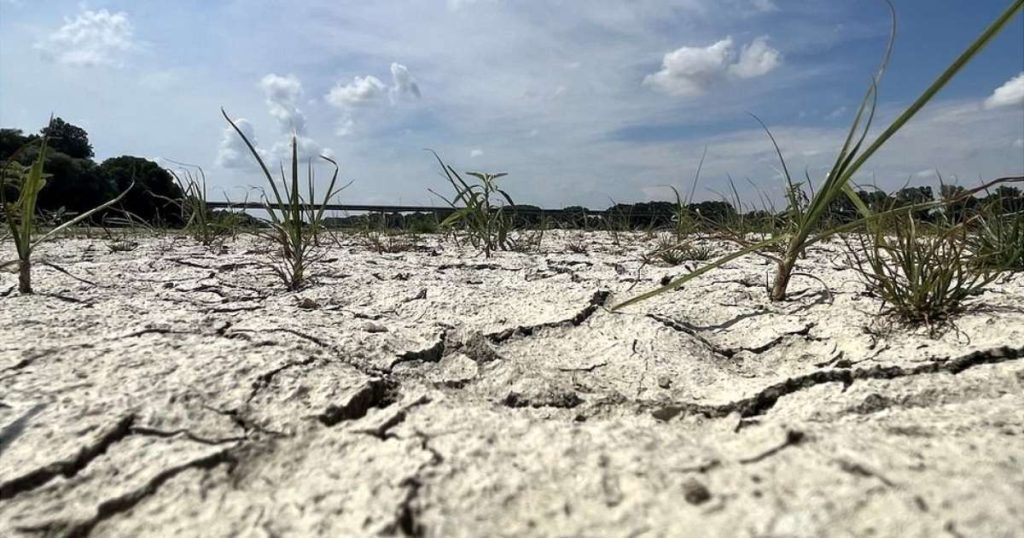
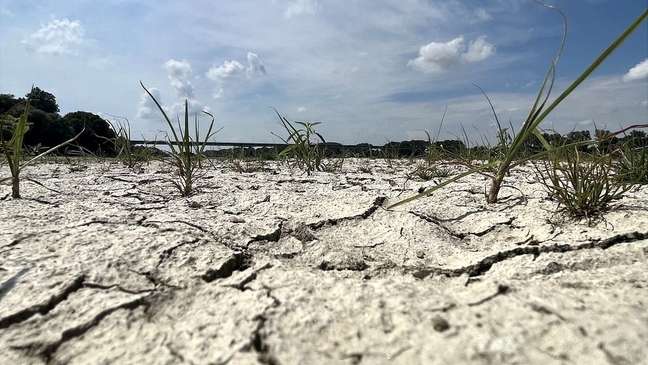
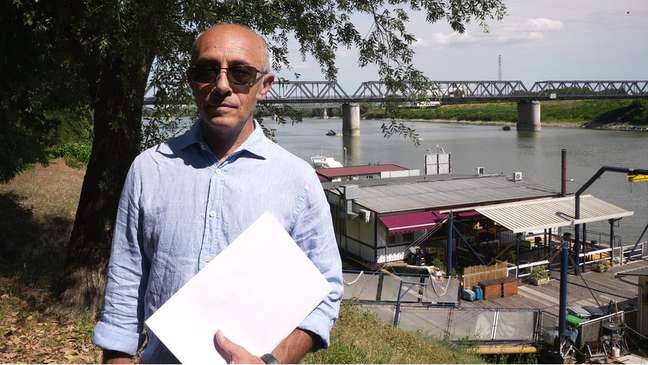
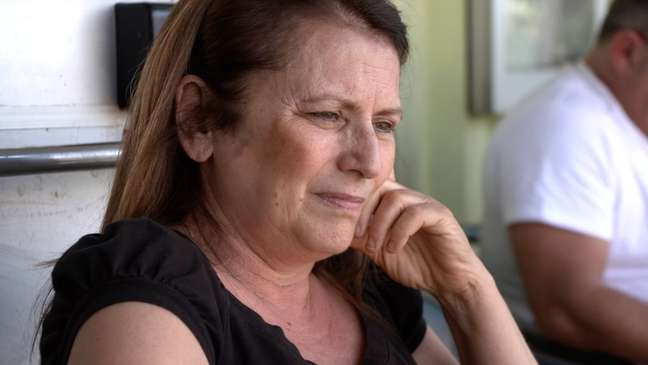
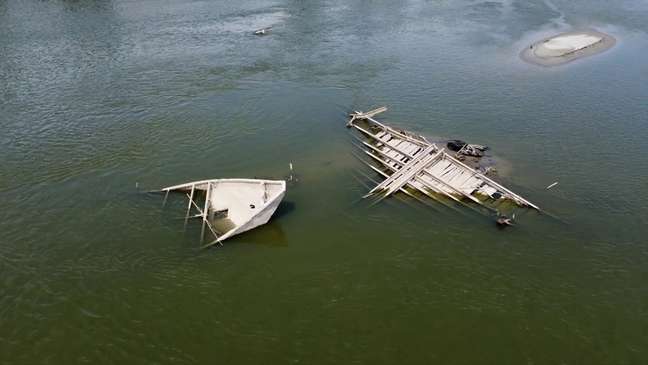
More Stories
Sydney knife suspect identified by police in Westfield Bondi mall attack
Iran Fires Ballistic Missiles Towards Israel, Biden Receives Briefing on Attack
Shiv Telegram Media: Irans Revolutionary Guard captures container ship in Strait of Hormuz amidst tensions with Israel